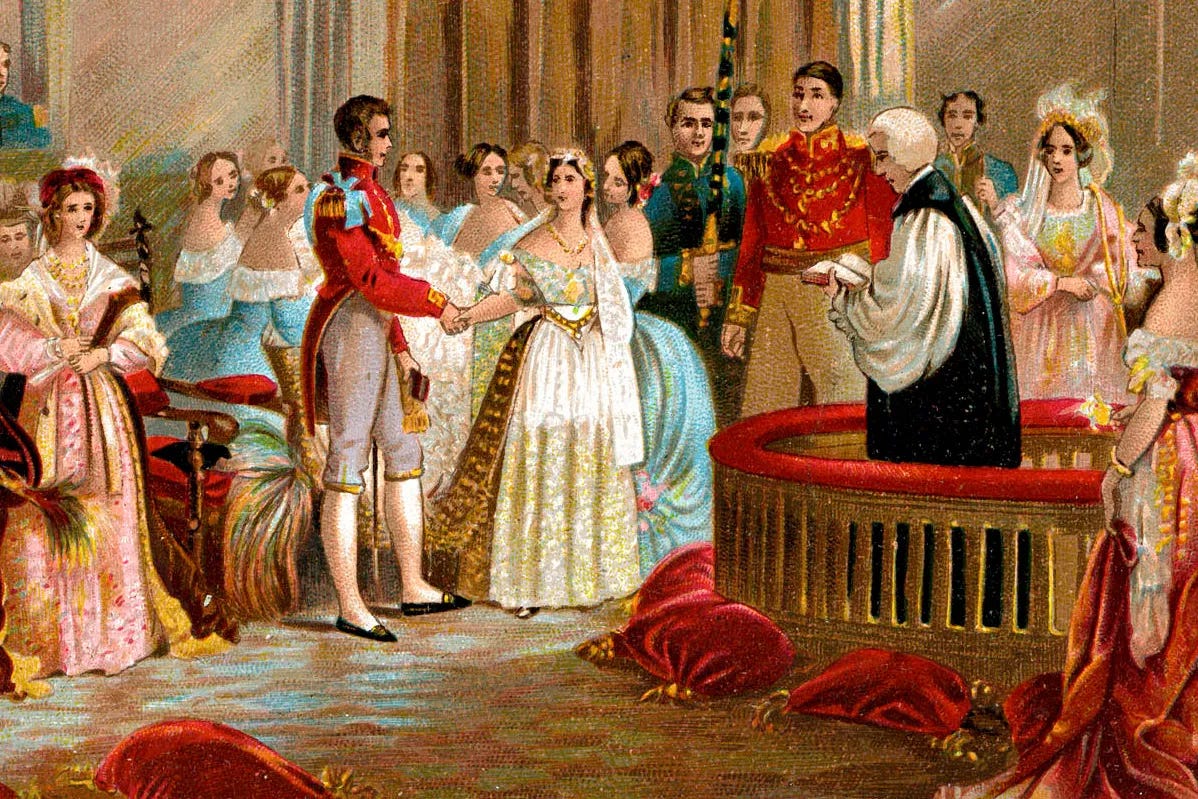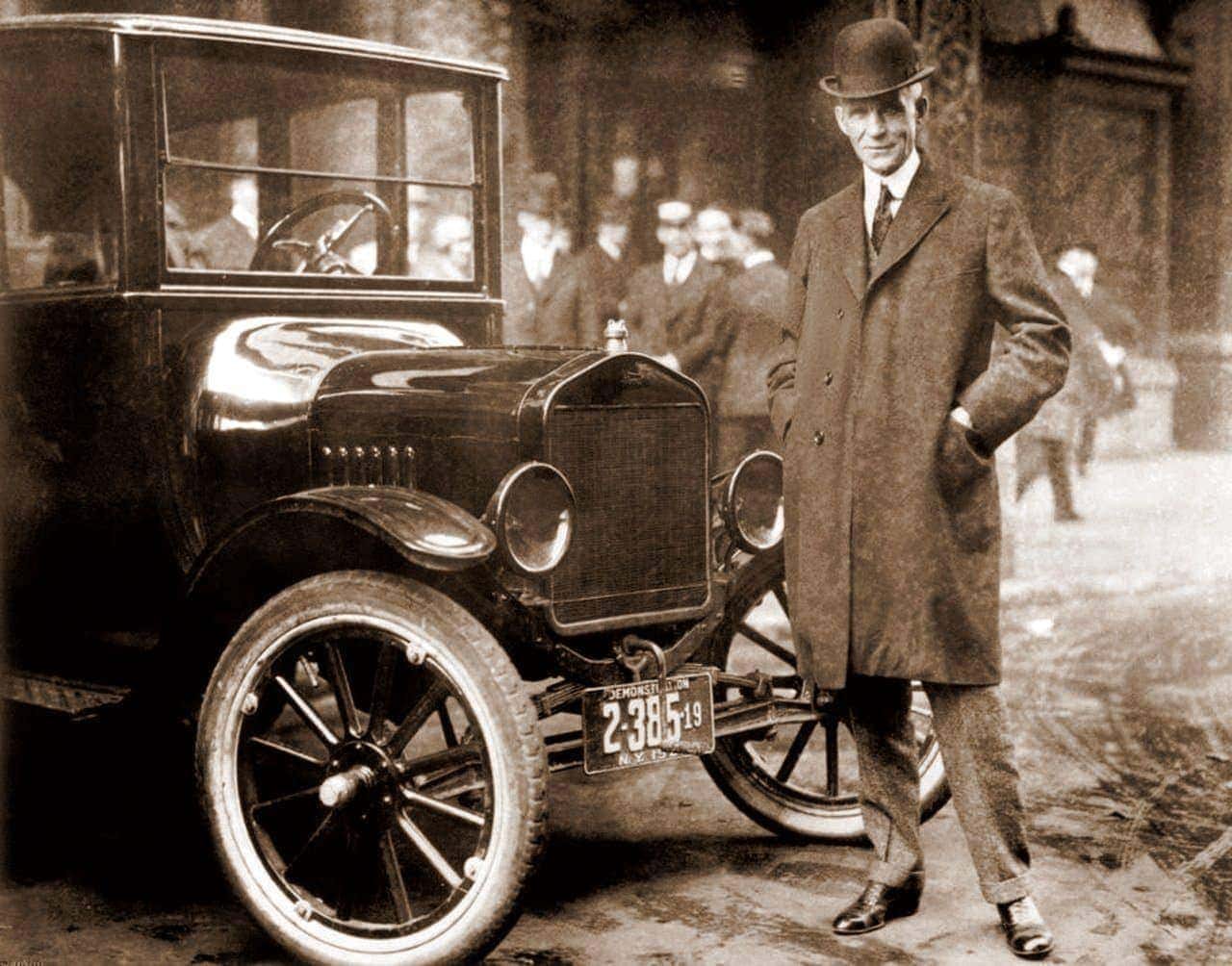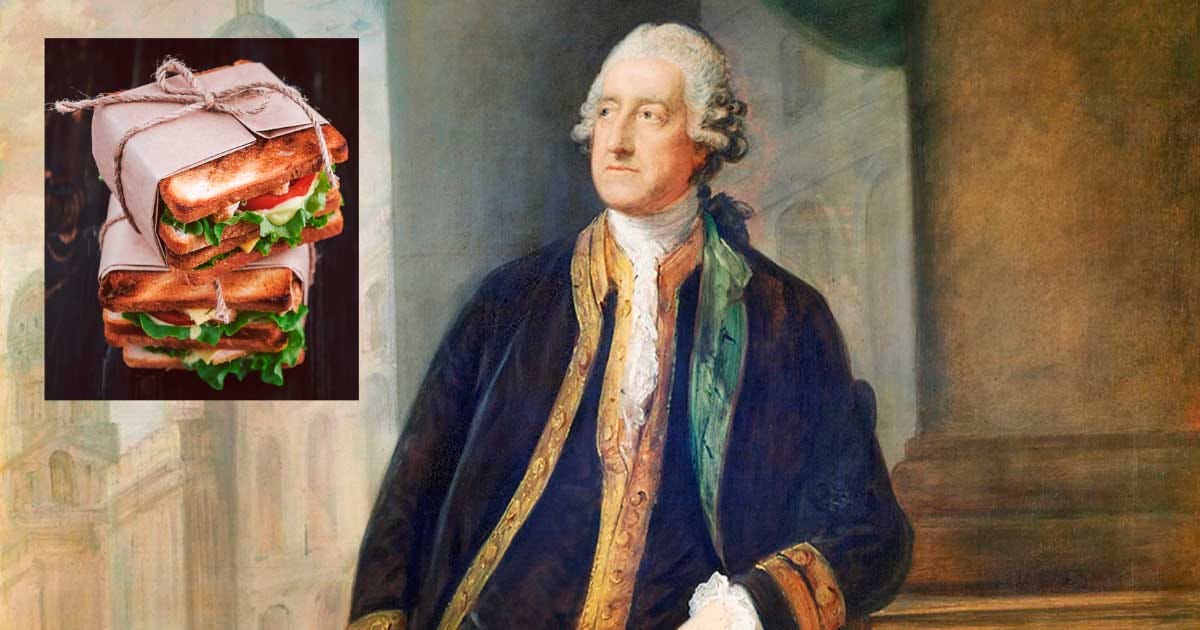What Our Parents Don't Know About Agency
The absolute belief that all things pre-established are superior is why our parents are unable to recognise the toxicity in the patterns they’re passing down.
Disclaimer 1: This article does not intend to mock or undermine the knowledge and experience of Gen X and above, nor does it intend to paint the younger generation as superior or all-knowing. It simply advocates for letting us, young adults, live without the older generation imposing their will on us and undermining our knowledge and experience. It also does not intend to generalise. It applies to whom it applies.
Disclaimer 2: This is a long…rant. Readers are advised to get comfortable and have snacks on standby.
The crux is simple: our African parents – Gen X and above – are not familiar with the concept of agency.
We know how our parents were brought up. They tell us all the time. Their parents raised them authoritatively, exerting force and engaging in physical and emotional abuse rather than engaging their intellect. We know that they grew up with an understanding of parents greatly similar to the idea of a supreme god; unquestionable, infallible, must be put first in every decision, unquestionable, has the final say, and all that jazz. Did I mention unquestionable? Oh. I did. Just the way they see themselves as servile pencils in the hands of a creator, created for the sole purpose of total obedience, they were raised to see themselves as extensions of their parents, with no choice but to submit to their will.
They were raised without the right of choice, and even now that they're adults with their own families, the strings through which their (mostly late) parents dictated their every move are still at work. We see it in their passing down of the same type of training and worldview to us, their offspring, copied and pasted with the format maintained. No proofreading. No SWOT analysis. Just the absolute belief that all things pre-established are superior. It’s why they’re unable to recognise the toxicity in the patterns they’re passing down. Their parents mistreated them, but they didn't die, so their kids will be fine. Their parents left them with nary a choice in their major life decisions, but hey, they got good jobs, and their marriages are 30 years old on average, so certainly, the path dictated by the parents is always right.
So you see, we perfectly understand how our parents think, and more importantly, why they think that way. But the real question is:
And so what?
Oh, pardon me. Let me rephrase that.
For how long are we supposed to let it get in the way of our adult lives?
I find it ironic that we 23+ women (and younger, really) are deemed old enough for marriage and motherhood, but not smart enough to know the career paths we want to explore. Why are we of “marriageable age” — the presumed landmark of maturity for the African young adult — and our parents still want to exert so much control over us simply because we still live under their roofs? Why are we being undermined, yelled at, and often spoken to with so much disrespect, yet expected to be subservient in all of it?
I know the answer, though. I spent the first part of this article explaining it. Right now, these questions are rhetorical, literally and metaphorically. We do not, at this point in our lives, need to wait to hear the answers before moving ahead with our plans.
One last look at the problem.
The hive mind that our grandparents passed down to our parents is the reason they're unable to see individuality through kind, loving, and welcoming eyes. Each time you express your diversity to your typical African parents, you're met with attack in one hand and defence in the other, and condescension in the first sentence and judgment in the next. If you're not following the order of things, you are in the wrong.
And now, the kicker.
Because of our parents’ hostility towards the concepts of individuality and agency, they fail to realise that every pre-established idea spawned from individuals just like them, just like us. Simply put, their parents withheld agency from them on account of someone else's.
Years, decades, and even centuries ago, certain people, individuals or groups came up with the concepts our parents now idealise because they thought for themselves. The people of old exercised their agency by doing things in ways that suited them and their circumstances, and others just followed suit. Yet, our parents peddle these ideas to date because “that's the way it's always been done”, ruling out the fact that the original contexts of these ideas have long since ceased to be the status quo.
Let's go back in time for a bit.
Queen Victoria, for instance, popularised the white wedding dress in 1840, when she was 20 years old. Before her, brides were wearing whatever colours they wished to. Maybe Queen Victoria’s choice of wedding dress automatically became the standard because she was the queen, but it wasn't recorded in history that the British made it a standing rule.
The 9-5, 5-day workweek was idealised in 1926 by Henry Ford, founder of Ford Motor Company, and his initiative was a significant shift from the prevalent 6-day workweek and longer hours at the time. By defying the status quo, he saved humanity from going mental.
The sandwich, even, meat between bread, was popularised in the 18th century by a certain Earl of Sandwich named John Montagu, who was also an avid gambler. He was so hyper-focused on his gambling that he didn't want to leave the gambling table to eat, so he combined his meat with his bread and ate it as one meal, and of course, it was named “sandwich”.
The point is, history records how many personal choices set the lifestyle and even religious precedents for future generations. It’s not “wow”. Do your findings.
All of this begs the question: what makes our predecessors’ ideas superior to ours? How do they know better than we do when their ideas were only created to solve existing problems of their time? We have access to much more information than they did. Tons of research have been done, and unlimited knowledge is right at the palm of our hands. If our predecessors came up with ideas unique to their situations, WHY CAN’T WE?
It’s quite the paradox. Individuality gave birth to beautiful ideas, and these ideas are passed from one generation to the next through forceful parenting and the stifling of the same individuality.
And finally, the solution.
We can’t keep letting this get in the way of our lives. Many of us have fully come to terms with where we are in life now: adulthood. It’s dawned on us that our lives 20-30 years from now are absolutely up to us. We will be happy, depressed, fulfilled, or regretful depending on the choices that we make. We’re continuously introspecting, learning and unlearning, healing, and self-actualising while simultaneously fighting for accomplishment and financial freedom in a doomed economy. So we’ve earned our right to agency fair and square, but we still have to fight for it. It is hard, but we will prevail. Generational hive mind is a strong contender, but a strong sense of self is a worthy opponent.
So, African child to African child: we go dey okay. 🫂❤️







I feel like every human being needs communication classes … because effective communication would solve 99%of conflicts between parents and children
Nicely written as always👏